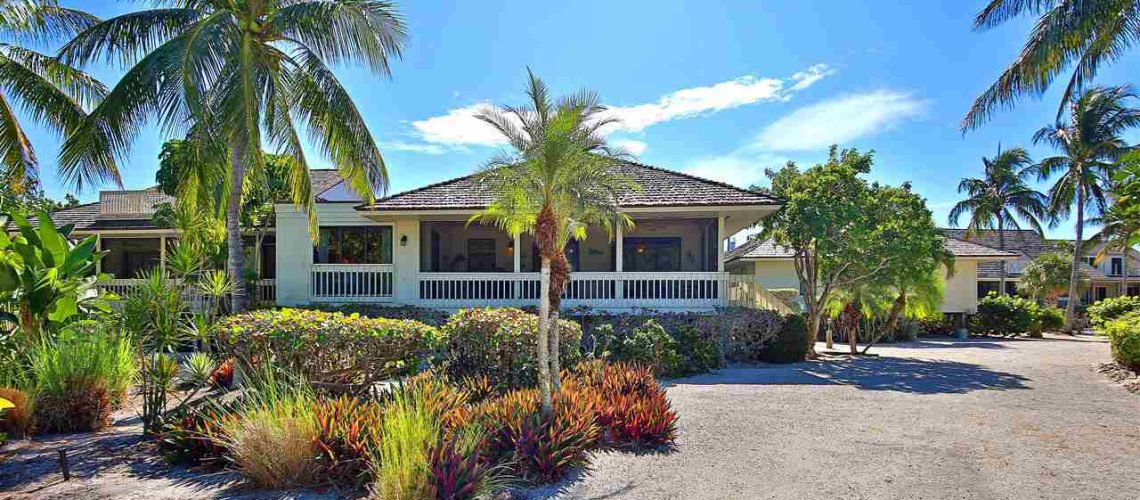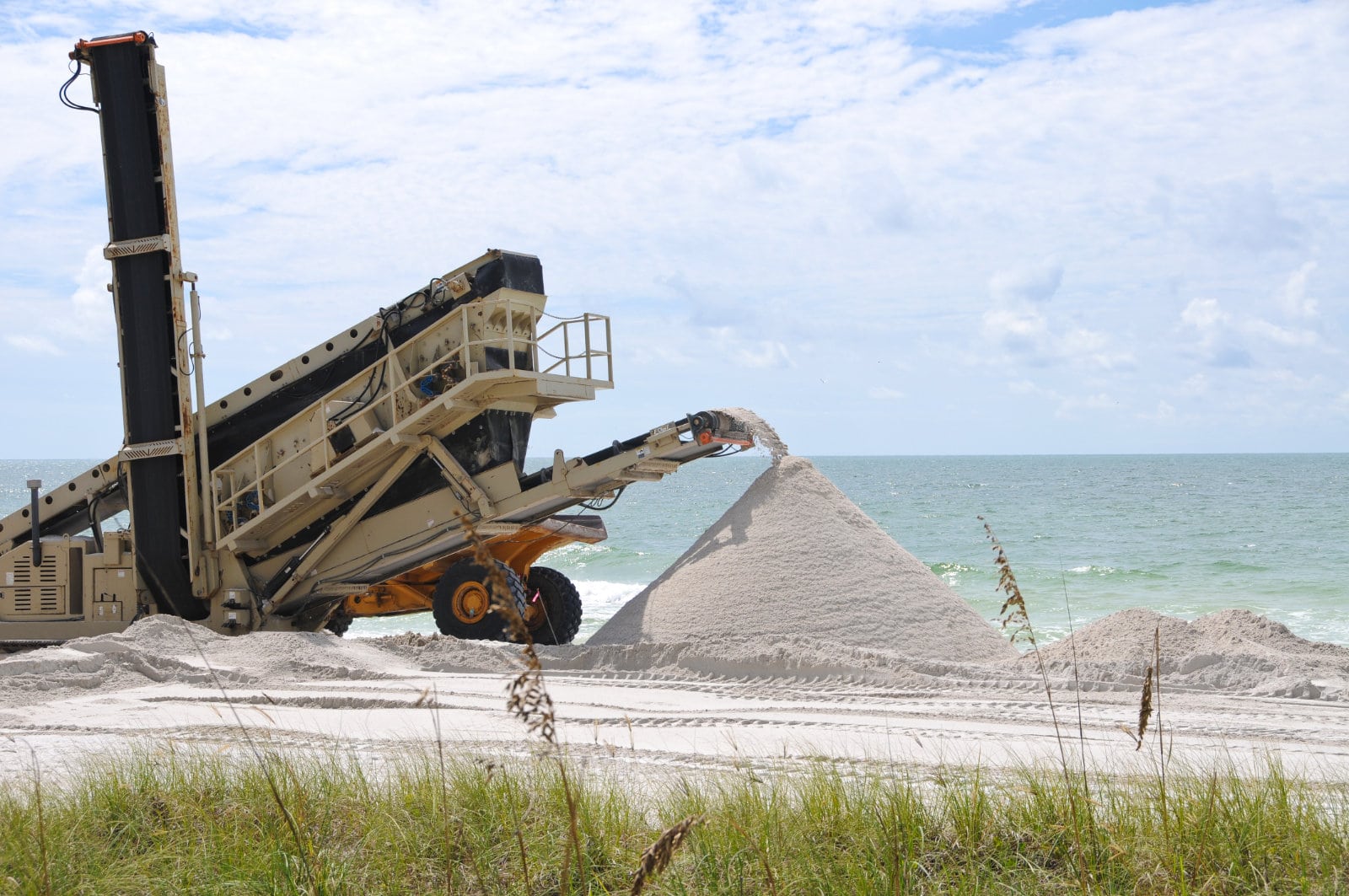Purchasing a second property carries with it the same-if not more-concerns then a primary property purchase. Often, people who own a primary residence seek to purchase a second home as an investment, a vacation home or a retirement property. Whatever your motivation, the following are considerations that should be reflected upon prior to investing in a second property.
Why do you want a second property?
As stated above, the nature and purpose of your purchase should be considered.
Investment
If investing, pick a property that will appeal to a wide variety of renters. Leave your personal preferences out of the choice. Renters are looking for convenient getaways with access to amenities. Make sure the rental property will pay market rates per square footage for rent before you make the purchase.
Vacation Home
A vacation home is your personal getaway and can be tailored to your specific desires. It should be in the area of your preference and serve your purpose exclusively.
Retirement
Retirement properties should be focused on older individuals. For example, there should be one story so that older individuals do not have to climb stairs. The home should also be close to amenities and conveniences so that driving is kept to a minimum.
Can you afford it?
If you’re buying the second property with cash, this is obviously not a concern. However, if you are applying for a mortgage, your lender will look at your debt to income ratio. If your first property has a mortgage on it, that will count as debt when compared to your income. This being the case, you must consult with your mortgage professional to ascertain whether or not you will be able to afford a mortgage for the second property. A large deposit may be required to prove that you have the funds on hand to make the monthly payments.
What are the additional costs involved?
In addition to the cost of the property, you will need to pay the same costs as when you purchased your primary residence. These costs are typically attorneys fees, title insurance, lender fees, escrows for taxes, homeowners’ insurance and costs to a homeowners’ association if the property is a condominium or townhouse.
Are there tax implications?
Purchasing a second home brings with it income tax implications. If you are collecting rent, you will need to report this on your taxes. Consulting with an experienced certified public accountant is something you should do before you make the purchase. An accountant will enable you to put together a strategy that will reduce your tax exposure.
Research the area
Take the time to evaluate the neighborhood and surrounding city. Where are the local schools and how far are they from the home? What is the value of the property you are buying relative to the other properties in the area? How far is the home you’re buying from major highways and conveniences such as supermarkets, restaurants, banks and the post office? These are important questions not only for you but if you are renting the home, your renters well ask these questions.
Ask the experts
Consult with a local real estate agent about the area before you make the purchase. Real estate agents know the area and will be able to pinpoint where you should be looking based upon your budget and property specifications.
Purchasing a second property almost always is a wise decision but must be made only after careful consideration. The aforementioned are important factors that should be reflected upon and reviewed every day before making an offer on a property. Consulting with a local realtor and accountant as well as an attorney who is experienced with the purchase and sale of investment properties will give you the knowledge you need to make the proper decision when the time comes to purchase your second property.






